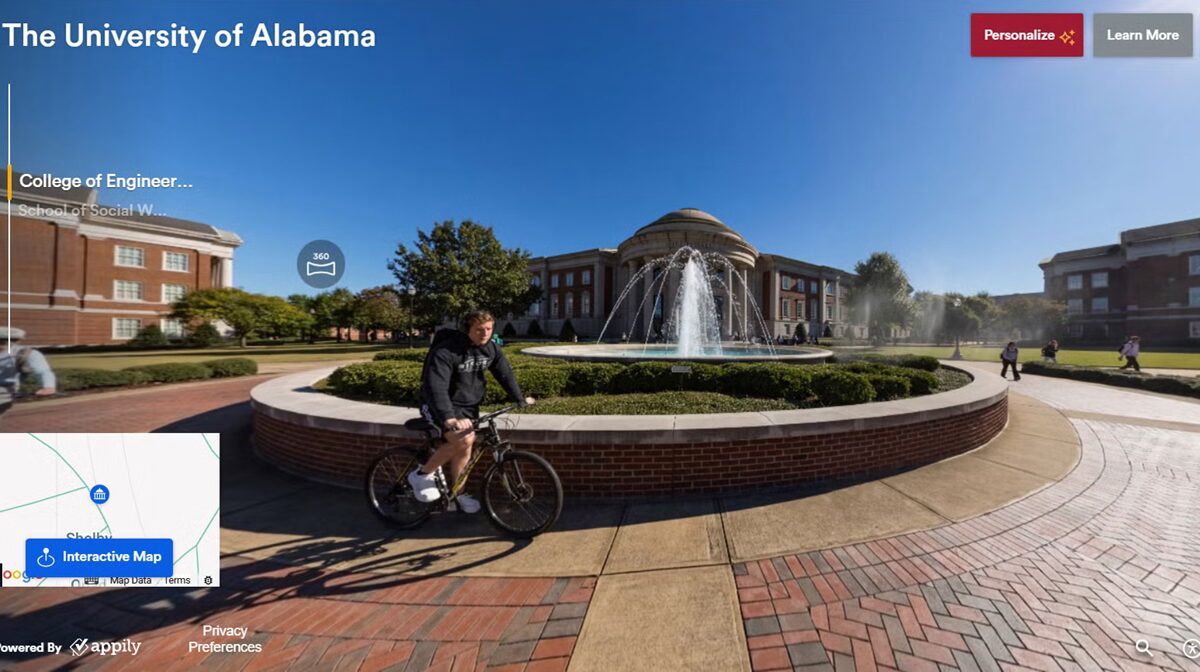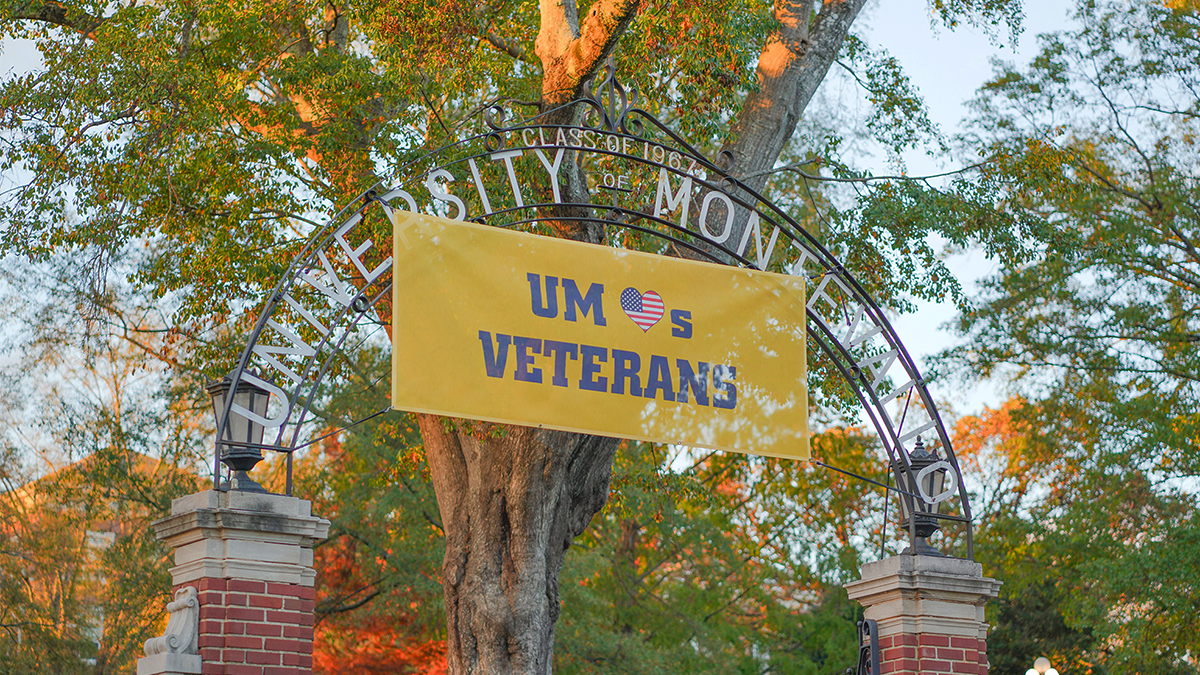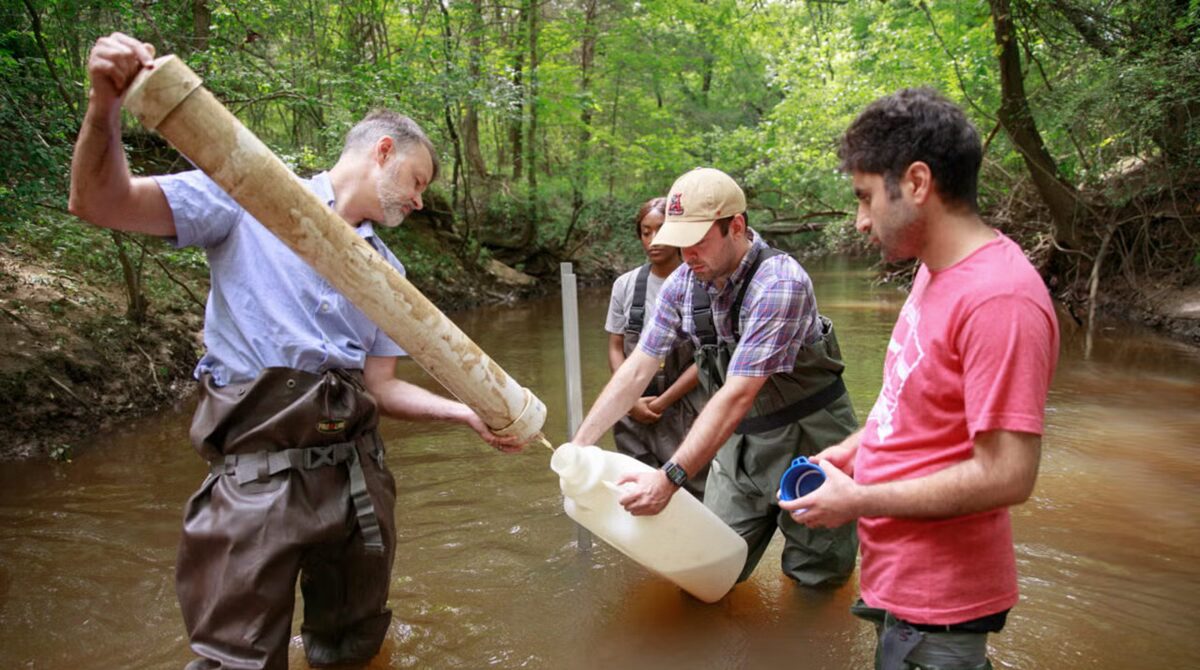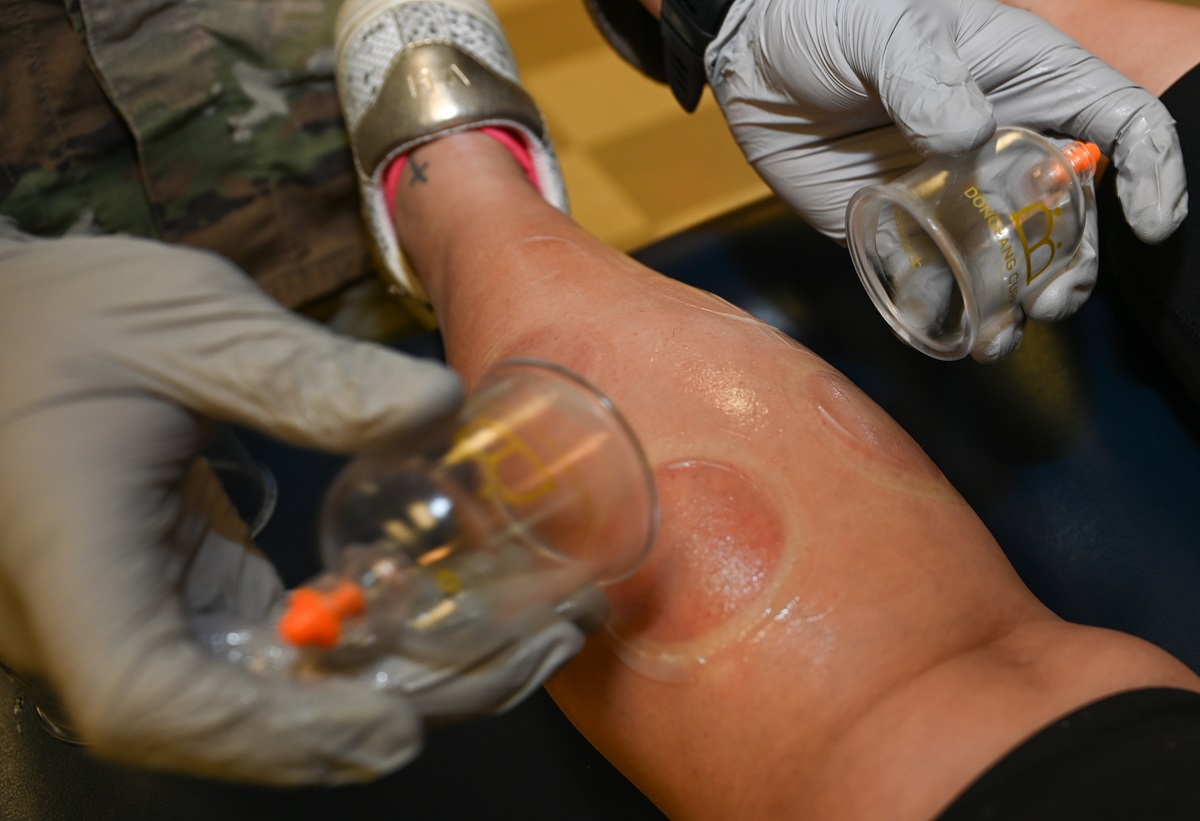Birmingham Holocaust Remembrance will highlight a harrowing story of perseverance

Sophie and Henry Nathan were Holocaust survivors from Emmerich, Germany, who settled in Alabama. (Alabama Holocaust Education Center)
For 3½ years during World War II, Sophie Nathan lived a nightmare few others can imagine.
In December 1941, the Nazis deported her with her parents and younger sister from the small German town of Emmerich to Dusseldorf because they were Jewish – Adolf Hitler’s “Final Solution” to rid Europe of Jews in action.
Thus began a series of horrors.
The Nazis sent them to a ghetto in Riga, Latvia, where living conditions were miserable; her father died from complications of untreated frostbite six months after deportation; Sophie and her sister, Emmi, were forced into slave labor, which included walking daily past prisoners hanging from gallows; they saw people disappear amid rumors of mass gassings and shootings; they were evacuated to Libau, Latvia, where they survived heavy air attacks from Russian warplanes, and then to Fuhlsbuttel prison in Hamburg, Germany, in February 1945 as the Russians closed in from the east; and the Nazis took them on a death march of 60 miles to Kiel in April 1945 that Sophie described as the worst one she endured.
Near the end, her will to live wavered.
“There was a point where my mother and a bunch of her friends – in 1945 she was not even 24 years old – they wanted to quit,” says Sophie’s son George Nathan, who has spent years piecing together his family’s story during the Holocaust. “They said, ‘We’ve had enough. This has been 3½ years, and all we’re doing is just getting the crap beat out of us, we’re going from place to place, there’s no end in sight.’

George Nathan will share his parents’ Holocaust survivor stories at the Birmingham Holocaust Remembrance event April 28. (contributed)
“And my grandmother said, ‘No, you’ve come this far, we’re 3½ years in. You’re going to go the rest of the way,’” says Nathan, who lives in Atlanta. “If my mother had quit, I wouldn’t be talking to you.”
Nathan, who was born in Anniston, moved with his family to Homewood when he was 10 and graduated from the old Shades Valley High School in 1967. On Thursday, April 28 at 6 p.m., he will share the stories of his parents, both Holocaust survivors, as part of Yom HaShoah. The Birmingham Holocaust Remembrance event is hosted at Temple Beth-El by the Alabama Holocaust Education Center (AHEC), which is supported by the Alabama Power Foundation. Masks are required. People can also attend virtually, and AHEC requests registration for those planning to attend in person or virtually. Register here.
Yom HaShoah in Birmingham follows the Alabama Holocaust Commission’s Annual Gathering of Remembrance in observance of Yom HaShoah in Montgomery on Tuesday, April 26 at 11 a.m. at the Alabama Department of Archives and History. Inge Auerbacher, a child survivor of Theresienstadt ghetto in Czechoslovakia, is the keynote speaker. For more information, email Rabbi Scott Kramer at ravmalki@gmail.com.
The COVID-19 pandemic twice derailed plans for Nathan to share his story, but next week he’ll have the chance to share his mother’s, and father’s, Holocaust experiences.
‘Never forget’
“The standard line is we should never let it happen again,” Nathan says. “You’ll hear in Holocaust remembrance circles, never forget, and it’s usually capitalized and in bold letters.
“It’s important, because here we are, we’re 80-plus years from the beginning of the Nazis’ reign of terror. Those memories are slipping, they’re fading. If we don’t keep prodding it, it’s just going to become another event of history.”
In Nathan’s speech, he will ask: “How did a society degrade to the point where it essentially approved of the mass extermination of groups of people? I can’t answer the question; I can just tell you that it did.”
The numbers stagger: Nazi Germany and its allies and collaborators killed 6 million Jews from 1933 to 1945 – nearly 2 of every 3 European Jews, according to the United States Holocaust Memorial Museum. Millions of others, from prisoners of war to Romani, ethnic Poles, political and religious opponents, homosexuals and Black Germans, also were killed by the Nazis and their allies.
“We need to prevent that from ever happening again,” Nathan says.
And yet, he points out that what the Russians are doing in their current invasion of Ukraine, while on a much smaller scale, “is not materially different from the types of things the Nazis did.”
Nathan has tried to do his part to help people never forget by extensively researching his family’s history and giving talks to groups, including in Germany.
While his mother’s story is more harrowing than his father’s, Henry Nathan also suffered at the hands of the Nazi regime. Born in December 1920, also in Emmerich, Germany, Henry Nathan, like other Jewish children, lived a lonely life: Non-Jewish children and others weren’t allowed to talk to them. They couldn’t use public transportation, attend a theater, the movies or use a public bathroom. They weren’t allowed to have pets. The Nazis refused to allow Henry to finish high school.
By 1936, Henry’s parents, Felix and Ina Nathan, sent Henry and one of his older sisters, Helen, to the United States and then to Alabama. His oldest sister, Greta, and her husband, Rudy, didn’t arrive until the next year.
“They were sponsored by their uncle, my grandmother’s older brother, who had been in America since ’03, ’06, somewhere in there,” Nathan says. “He had been begging my grandparents to leave Germany since the late 1920s.”
But for years, Nathan’s grandparents refused; their family’s roots in Emmerich were more than 400 years deep. As life for Jews in Germany continued to worsen, Nathan’s grandfather decided to send their children to the United States.
Moving to Alabama
In Anniston, Henry and Helen lived with Lee Freibaum, their mother’s brother. Their parents arrived in Alabama in 1937 and Henry worked at Nathan’s Lunch, his father’s business.
When the Japanese bombed Pearl Harbor on Dec. 7, 1941, Henry wanted to join the Army but his mother refused to allow it.
Sophie’s father and Henry’s father both had fought for Germany in World War I, and both had earned Iron Crosses for their service, Nathan says. Henry’s father had been captured by the French in Belgium and was a prisoner of war for more than a year.
“Henry’s mother had been through that once and she said, ‘I’m not going through it again,’” Nathan says.
As it turned out, Henry was drafted in 1943 and became a U.S. citizen later that year. He served in Yugoslavia and Italy as a firefighter in the Army Air Force. Nathan says he had some photographs of downed planes that he tried to ask his father about.
“He really wouldn’t talk much about it.”
His father also refused to eat lamb. “I said, ‘Why?’ The answer he gave me was that it smelled too much like roasting flesh,” Nathan says. “That was a recall he had no desire to be a part of.”
After the war, Henry and Sophie, who actually were distant cousins and went to school together in Emmerich, renewed their friendship.
Sophie, her sister and her mother had been freed on May 1, 1945, and traveled to Denmark on large, white Danish Red Cross buses adorned with red crosses. Nathan says they didn’t want to board the buses because, starting in 1941 with trucks that offered older Jews rides on the walk from the train station to the ghetto at Riga, they had seen what happened when people accepted those rides.
“If you got on that truck, you were never seen again,” Nathan says.
But the Danish Red Cross buses really were their freedom ride, 3½ years after their nightmare began in Dusseldorf followed by the trip to the Riga ghetto.
‘Three survivors’
“The transport contained 1,007 people, according to German records,” Nathan says. “There were 16 from Emmerich and there were three survivors: my mother, my aunt and my grandmother.”
From Denmark, the three women traveled to Sweden, where Thea’s sister lived and helped Sophie and Emmi get jobs while Sophie’s mother recovered from a grievous injury to her leg. They then contacted relatives in the United States who provided affidavits for them to travel to New York in April 1946.
By then, Sophie’s mother had made contact with Henry’s mother, who put Sophie in touch with Henry’s sister Helen. Henry and Sophie’s renewed friendship quickly became love, with the couple engaged by July 1946 and marrying in Anniston that November.
Henry and Sophie and their two sons moved to Birmingham in 1959, where Henry remained until his death in 1974. Sophie lived in Birmingham until 1999. She died in Atlanta in 2002.
Given the wartime horrors the two had seen, their postwar lives could be described as normal: marriage, a business career for him (Henry opened a Chicken Delight restaurant in Birmingham), volunteer work for her that included 15 years at St. Vincent’s Hospital in Birmingham, raising two boys.
“You’ve got to make lemonade out of lemons,” Nathan says. “Whatever life serves you, you can do one of two things: ‘Oh, woe is me,’ or try to be happy, move forward and try to contribute to what’s going on in society.
“Thankfully, I think both of them did the latter.”
Thanks to George Nathan and the Alabama Holocaust Education Center for providing details about Henry and Sophie Nathan’s Holocaust experiences. For more information on AHEC, visit here.
















